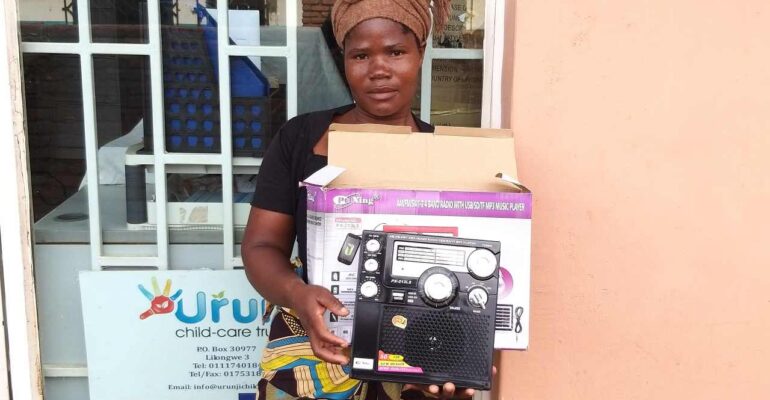
In today’s hyper-connected world, it’s easy to assume that everyone has access to smartphones or the internet. Yet for millions living in rural and underserved areas—especially in developing countries, radio remains the most powerful and accessible tool for communication. Find out how Urunji is igniting growth in rural communities in Malawi through radios.
The Role of Radio in Society: A Trusted Voice for Decades
Radio has long been a vital communication medium, especially in countries where literacy rates are low and internet access is limited. From public health education to cultural preservation, its impact cannot be overstated.
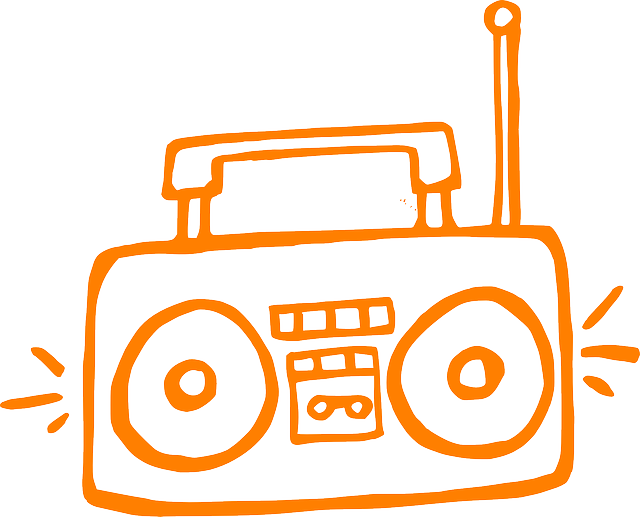
How radio has helped society:
Public Health Awareness
Radio campaigns during disease outbreaks like Ebola and Covid-19 have saved lives through timely, accurate information.
Education Access
In regions with no schools or trained teachers, educational radio programs serve as virtual classrooms.
Disaster Response
When floods, droughts, or conflict disrupt communities, radio often becomes the only source of real-time updates.
Social Change
Radio has helped spark grassroots movements, raise awareness on gender equality, and promote peace in post-conflict zones.
In short, radio as a tool for community empowerment continues to thrive where other technologies fail. Radio could therefore foster sustainable communication solutions for poor countries.

What Is a Community Radio Station and Why Does It Matter?
Unlike national broadcasters, community radio stations serve a specific region or group, broadcasting content created by and for the community. That’s what defines a community radio.
Key benefits of community radio in poor regions
Locally Relevant Programming:Shows are tailored to the needs of the community—whether it’s farming advice, healthcare information, or local governance.
Broadcasts in Native Languages:Multilingual and dialect-inclusive content ensures everyone understands the message. For example, almost all radio stations in Malawi broadcast in Chichewa language and English among other languages.
Youth and Women Empowerment:Community members, especially women and young people, are often trained as radio hosts and reporters, sharpening local talent, and bringing a sense of pride in community human resources.
Interactive Engagement:Programs encourage listener call-ins, SMS feedback, and village-based reporting.
Community radio as a driver of social inclusion ensures marginalized voices are heard and respected.

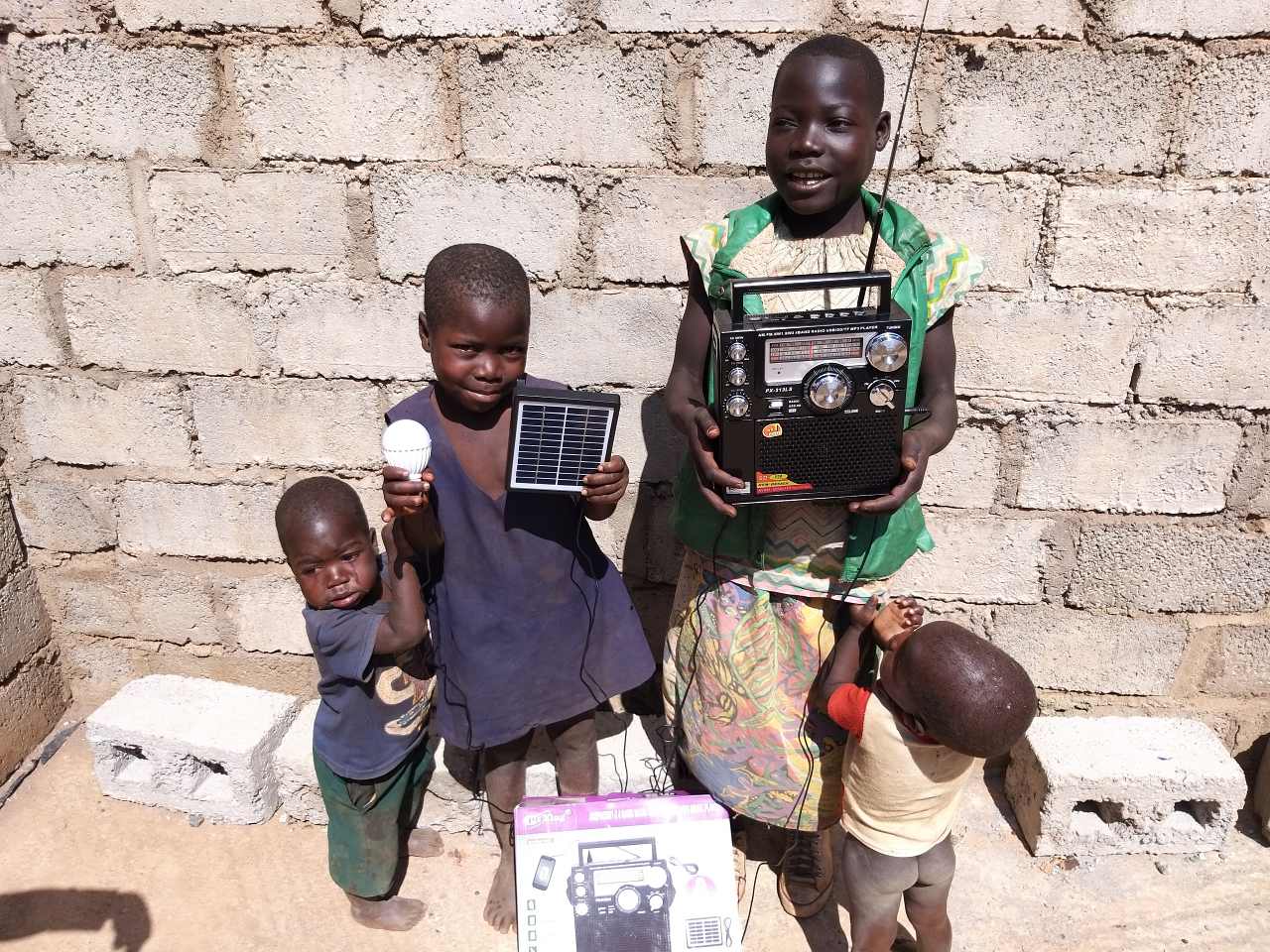
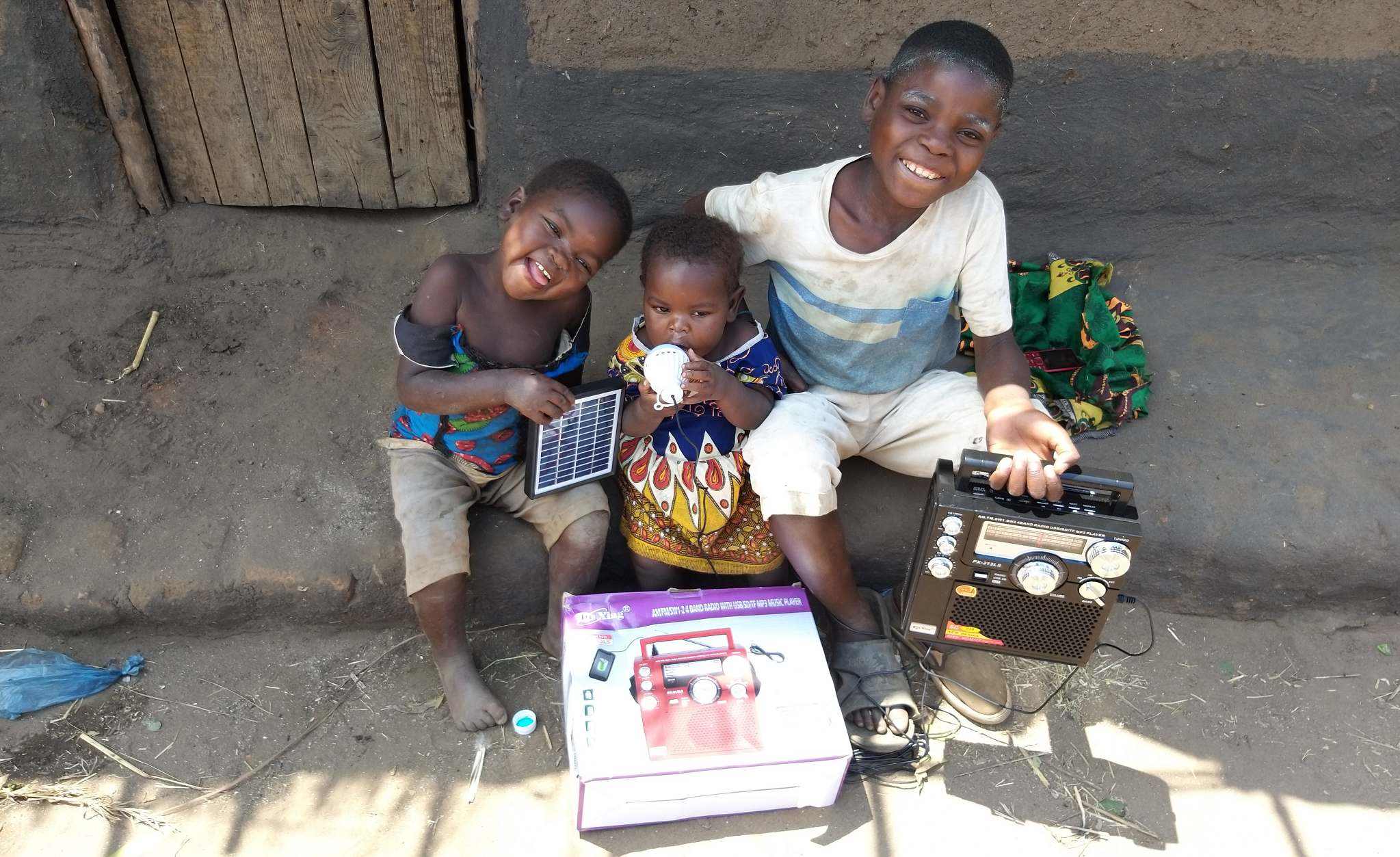
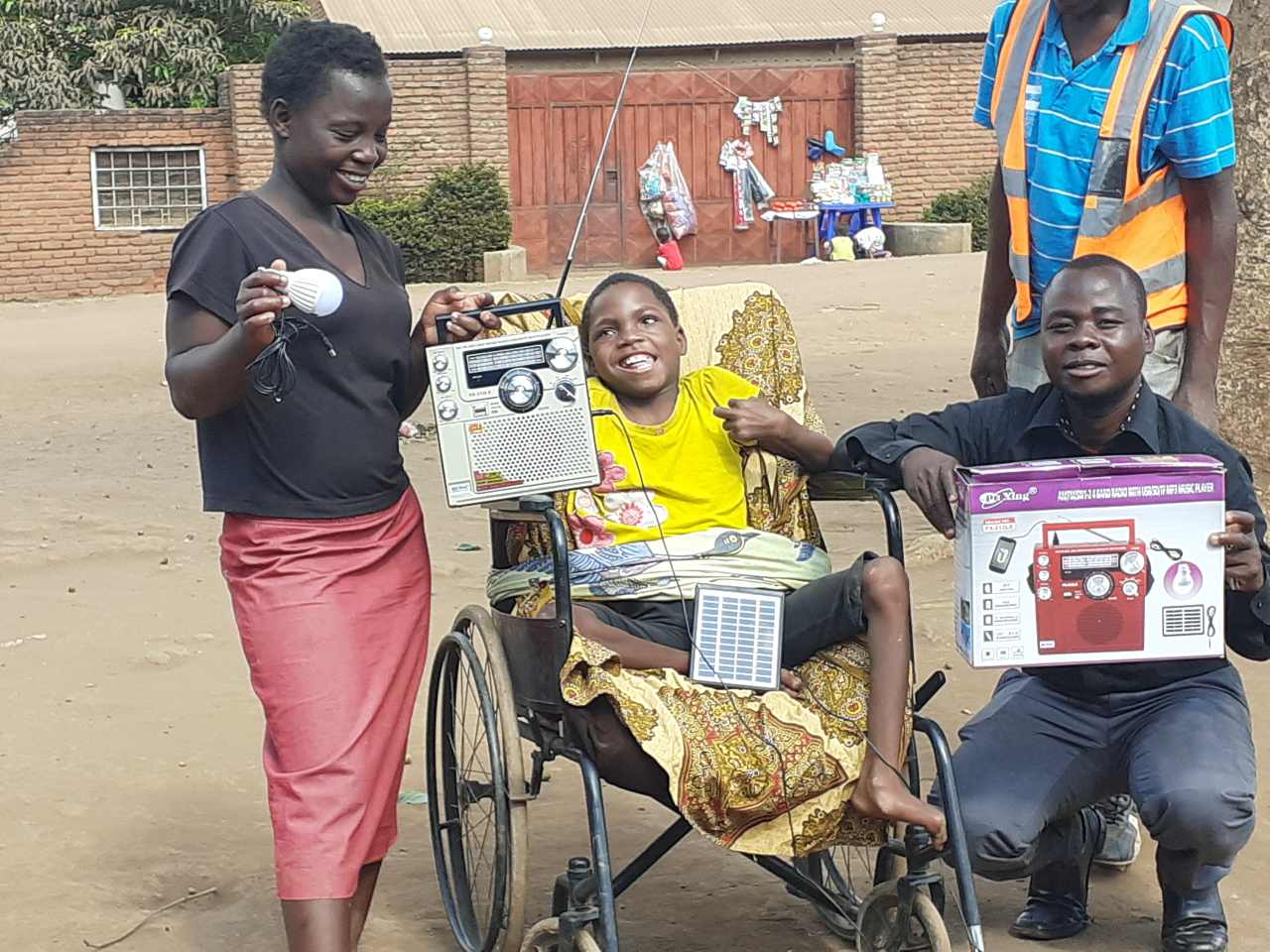
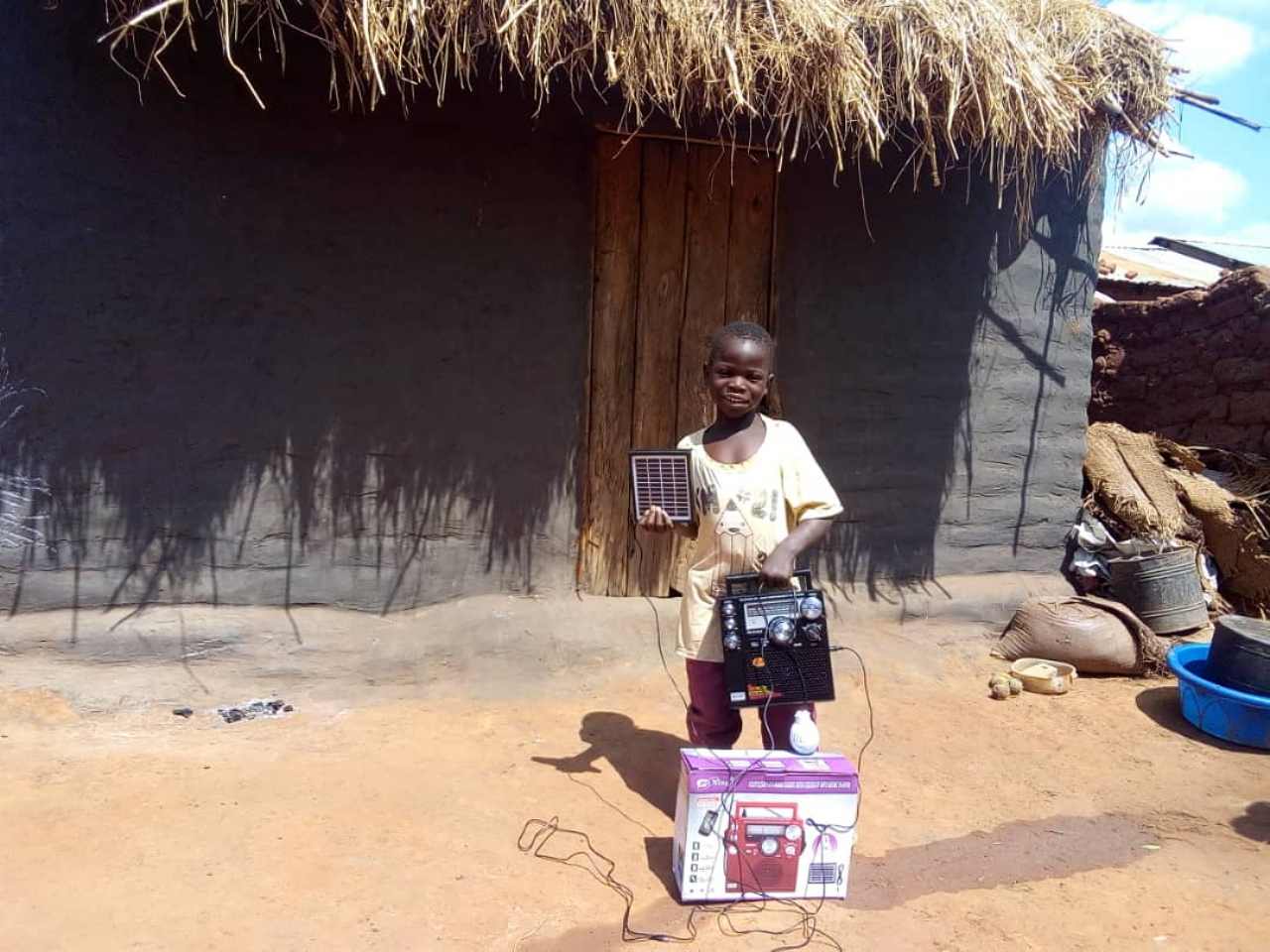
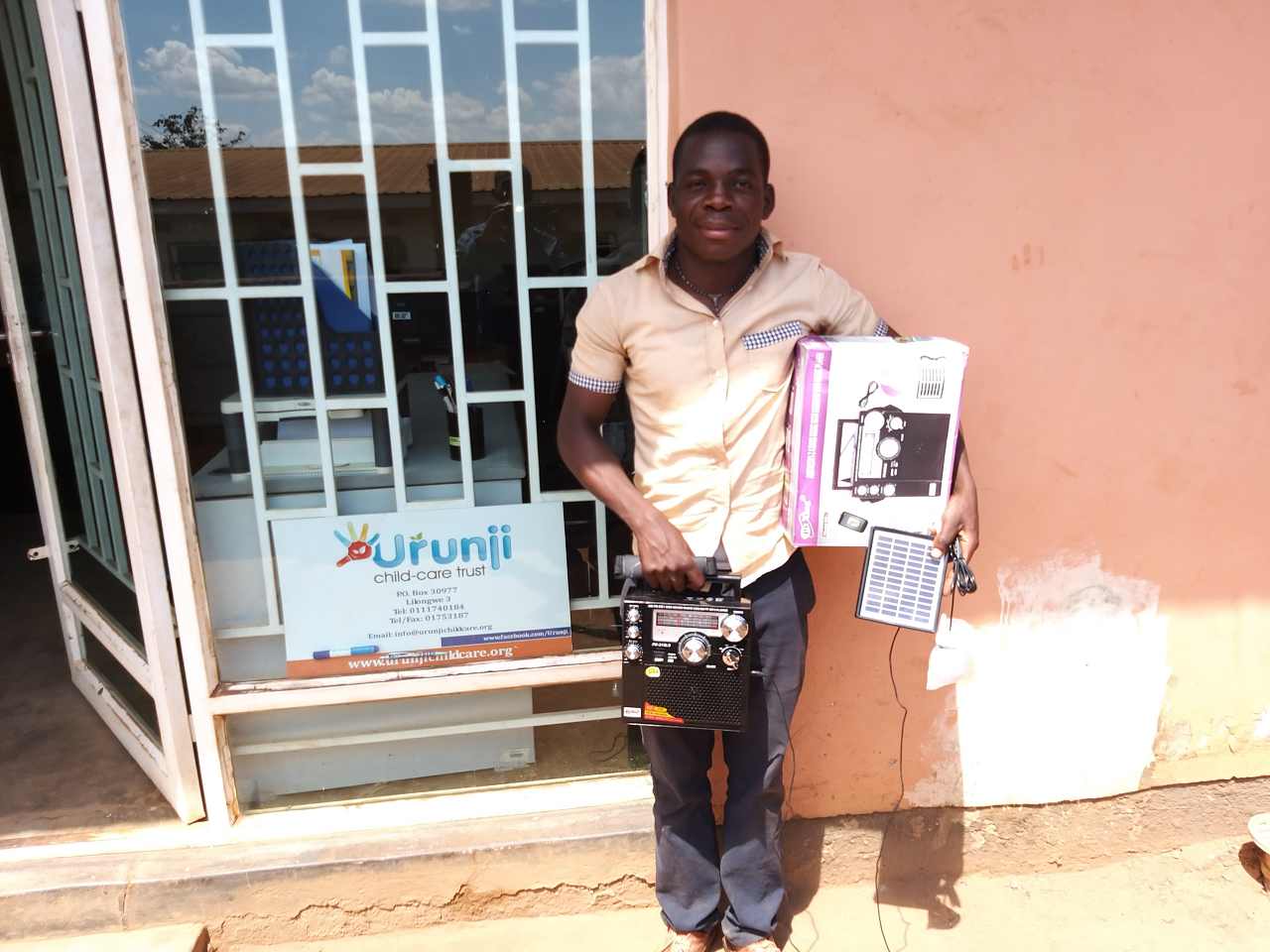
Urunji has donated over 1,800 radios to marginalised communities, bringing the much needed information to their fingertips.
Why Poor Countries Should Invest in Radio Over Smartphones or Internet-Based Media
While internet penetration in Malawi is growing, many rural communities still lack access to affordable smartphones, electricity, or reliable network coverage.
In regions where families struggle to meet basic needs, radio is the most inclusive and sustainable form of media communication. Radio offers a solution that is:
Low-Cost and Low-Tech:
Solar-powered or battery-operated radios that Urunji has been giving to vulnerable families work even in off-grid areas.
Massively Scalable:
One broadcast reaches thousands of listeners at the same time.
Durable and Resilient:
Radios don’t crash, need updates, or require a data plan.
How Radio Catalyzes Rural Development
The power of community radios in Malawi goes far beyond just entertainment. Using radio for poverty reduction actively fuels development across key sectors:
1. Agriculture
Farmers can tune into daily programs about weather forecasts, pest control, soil conservation, and crop pricing. This helps improve yields and reduce post-harvest losses.
2. Education
Radio lessons for children who can’t attend school provide a pathway to literacy and lifelong learning. Educational radio content can be adapted to local curriculums.
3. Healthcare
Broadcasts covering maternal care, nutrition, family planning, and disease prevention can improve health outcomes in places where clinics are far and few strengthen efforts aimed at empowering women through local radio.
4. Economic Development
Small-scale businesses can advertise their products, while local job boards or skills training can be shared through radio segments.
5. Peace-building and Civic Engagement
Radio programs can foster understanding, encourage voter participation, and promote community dialogue around sensitive issues like land rights or corruption.
Radio not only informs but inspires communities to take ownership of their development. It helps prevent disinformation and exposes corruption especially in poor countries of the world.
Take action: Donate to Radio Urunji today! You can be part of this mission to transform lives. Donate to help build and operate Radio Urunji. Your contribution will support equipment costs, training for community reporters, and outreach programs across rural villages.
